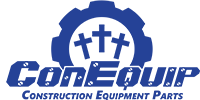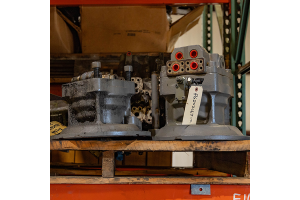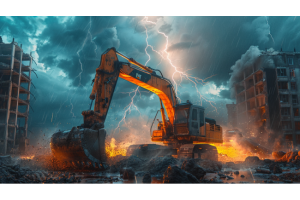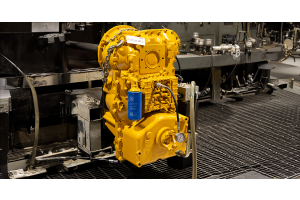
Turbo failure can be catastrophic to your engine. What happens when a turbo fails. Here is a look.
One problem is called to "over speeding". That is a condition when the turbo is spun past its maximum RPM limit. A number of factors can lead to over speeding.
Inconsistent airflow to the turbo, engine modifications, faulty installation, a failed VNT or variable nozzle turbine mechanism, or a waste gate set incorrectly.
When it's the waste gate, it can cause the back of the compressor wheel to rub, deform, or completely disintegrate.
Oil contamination or lack of oil is a huge problem with anything engine related, and turbos are no different.
They need a clean, consistent flow of oil to maintain proper function. Be sure to check your oil filter, the oil being used is the correct viscosity, oil leaks, plugged oil feed or drain lines, and degraded oil.
The conditions will damage bearings, seals, shaft, and thrust components.
Overheating can also lead to failure of a turbo usually by breaking down oil and seals. Overheating is caused by excessive exhausts temperatures, or lack of sufficient cooling.

Overheating can also be caused by hot stops or hot shutdowns, incorrect engine tuning, DPF issues, and exhaust restrictions.
If you see internal components with a bluish color, this could be an indication you are overheating the system. Components affected are thrust washers, the internal compressor wheel, and the exhaust turbine shaft.
Foreign objects in the system will almost always lead to turbo failure. Unwanted debris can enter from both the intake or exhaust sides of the system.
Debris often found to cause turbo failure are nuts, bolts, dirt, metal shavings, and icy buildup.
Other debris found in failed turbos are from the pistons, injectors, and valves.

Debris will damage the compressor, exhaust wheel, turbine housing and the wheel shaft.
Preventative maintenance is easy. Definitely regularly check and change the oil when needed.
Be sure to have the turbo inspected when working on the engine and when replacing the turbo, always inspect, lean, and replace oil feed and drain lines.
Before installing a new turbo, prime the part with oil before hooking it up.
Also, inspect all intake tubes and air filters to make sure there is no debris.
Avoid hot stops on turbos also and make sure the DPF, if part of the system, is maintained properly and not plugged.









